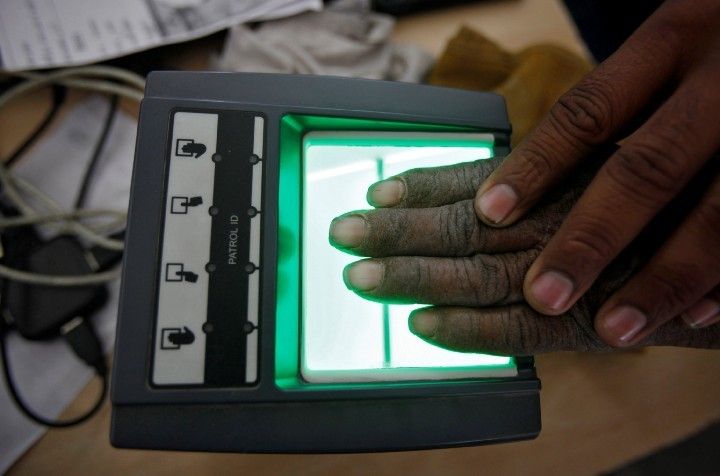January 09, 2018
If the government has iris-scans, photographs, fingerprints, and addresses on file for 98 percent of its citizens, is privacy dead? It’s a question people in India had good reason to ponder last week after a newspaper claimed government staffers had sold unauthorized access to a giant database containing basic personal details of nearly every person in the country — read: more than a billion people.
The breached database was connected to Aadhaar, India’s ambitious biometric digital ID program that lets people prove who they are with a simple fingerprint scan. That technology has been a godsend for India’s poorest, many of whom lack birth certificates or other documentation, which has forced them historically either to forego government benefits or to rely on extortionary middlemen to get them.Aadhaar promises to boost efficiency and cut fraud. But there are two big questions: first, how do you protect this much sensitive data from snoops or cybercriminals? As last week’s story shows, big data is a big target. And second, surrendering your information to the government is OK so long as the government intends to use that data for helpful purposes. But what if that changes? Who keeps an eye on that? The tradeoff between efficiency and security/privacy is an increasingly urgent political issue for governments — and people and corporations — around the world.
More For You
Mastercard Economic Institute's Outlook 2026 explores the forces redefining global business. Tariffs, technology, and transformation define an adaptive economy for the year ahead. Expect moderate growth amid easing inflation, evolving fiscal policies, and rapid AI adoption, driving productivity. Digital transformation for SMEs and shifts in trade and consumer behavior will shape strategies worldwide. Stay ahead with insights to help navigate complexity and seize emerging opportunities. Learn more here.
Most Popular
- YouTube
Despite a ceasefire in Gaza, Israel is still not letting foreign journalists in to independently verify what’s happening on the ground, CNN’s Clarissa Ward tells Ian Bremmer on GZERO World.
- YouTube
On Ask Ian, Ian Bremmer breaks down the steady escalation of US pressure on Venezuela and why direct military action is now a real possibility.
US President Donald Trump arrives to announce reciprocal tariffs against US trading partners in the Rose Garden of the White House in Washington, DC, USA, on April 2, 2025.
POOL via CNP/INSTARimages.com
From civil conflicts to trade wars to the rise of new technologies, GZERO runs through the stories that have shaped this year in geopolitics.
© 2025 GZERO Media. All Rights Reserved | A Eurasia Group media company.
